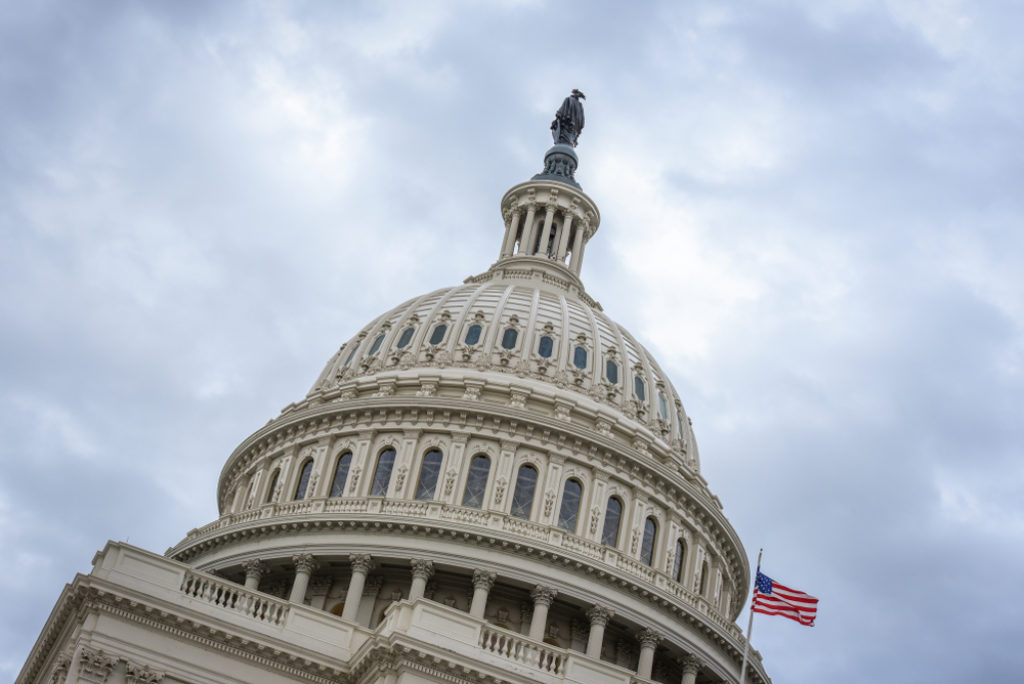As religious tensions flare in the House, four Democratic congressmen are launching a new group dedicated to science-based policy, separation of church and state, and freedom for all—including atheists.
The nearly 500 registered caucuses in the House of Representatives cover seemingly every issue. They represent social problems (Homelessness Caucus, Military Sexual Assault Prevention Caucus); industries (Coal Caucus, Steel Caucus); diseases (Caucus on Parkinson’s Disease, Childhood Cancer Caucus); and foreign relations (Friends of Switzerland Caucus, U.S.-China Working Group). They are liberal (Progressive Caucus), conservative (Freedom Caucus), and bipartisan (Bipartisan Congressional Task Force to Combat Identity Theft and Fraud). They can be made up of only a single member, or dozens.
Despite this diversity, historians Pacific Standard consulted have never heard of anything quite like the new caucus announced last week by four Democratic congressmen: the Freethought Caucus. Formed in consultation with groups that advocate for non-theist world views, the Freethought Caucus has four goals, according to its press release:
1) to promote public policy formed on the basis of reason, science, and moral values; 2) to protect the secular character of our government by adhering to the strict Constitutional principle of the separation of church and state; 3) to oppose discrimination against atheists, agnostics, humanists, seekers, religious and nonreligious persons … and 4) to provide a forum for members of Congress to discuss their moral frameworks, ethical values, and personal religious journeys.
“It hearkens back to Enlightenment ideas from when this country was started,” says Ray Smock, who was the House of Representatives historian from 1983 to 1995. “Aside from that thought, I’ve never heard of anything quite like it.”
Stephen Weldon, a historian of science and religion at the University of Oklahoma, pointed to polls showing what a political liability it is for a candidate to be atheist. “So to have a Congressional Freethought Caucus is pretty historic, I would say,” he writes in an email exchange.
That said, it might just be the right moment for something like this. The timing doesn’t surprise Matt Glassman, a researcher who once wrote about caucuses for the Congressional Research Service. “I think there’s a fair number of groups in politics who are concerned about the role religion’s playing in public policy,” he says. “That’s not new, but it does seem to be a growing sentiment among some factions, particularly on the liberal side of things.”
Read the full story at Pacific Standard


